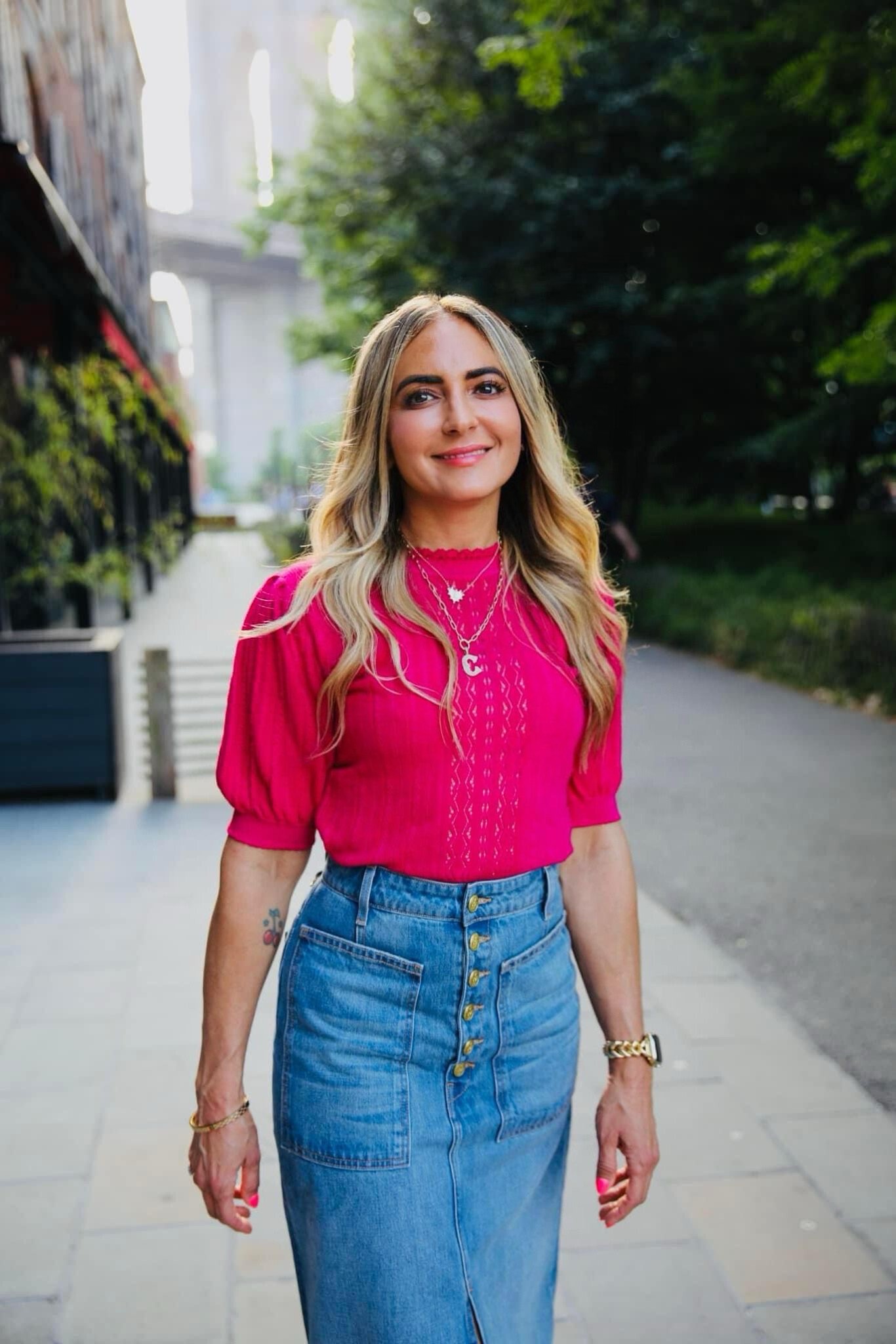We recently connected with Chealsea Wierbonski and have shared our conversation below.
Chealsea, thanks for joining us, excited to have you contributing your stories and insights. It’s always helpful to hear about times when someone’s had to take a risk – how did they think through the decision, why did they take the risk, and what ended up happening. We’d love to hear about a risk you’ve taken.
The first risk that I ever took was signing up for a study abroad program when I was at University. I had signed up to study in Caen, France (in Normandy) after one of my friends had done it. It was sort of strange because when my friend got back I said in sort of a joking way, “Maybe I’ll do the study abroad program” and I hadn’t even ever considered something like that. I had spent my entire life in a small town in West Virginia and had never left the country. I don’t come from a family who travels a lot, at least not any further than anywhere that’s not driving distance, so I was never exposed to this idea of traveling abroad. I still don’t know what came over me that made me say that, but once I did, and got even the slightest encouragement from my friend, the whole idea sort of took off and before I knew it I was signed up and then boarding a plane. I still remember the first night I got there. I felt so scared. I looked in the mirror of my dorm room and thought to myself–I can’t stay here. This was before the internet and cell phones, so I felt extremely isolated from my family. And the worst part was that my French was terrible! So I could hardly communicate with anyone at first unless they spoke English. The reason that this risk is so pivotal for me is because it’s the first time I ever remember doing something that felt counter-intuitive to me. It’s the first time I was driven by the internal desire for something more or different and even though every part of me was terrified and intimidated by the unknown, I did it anyway. This was a foundational moment for me in terms of learning how to take risks and sit with the discomfort that goes along with it. And it’s a lesson that I continued to build upon throughout my adult life and is what I believe turned me into a person who is fully comfortable with taking risks. Once I took this initial risk, it got easier to take other risks. It got easier to “put myself out there” and just go for things even without always knowing how they’ll turn out.
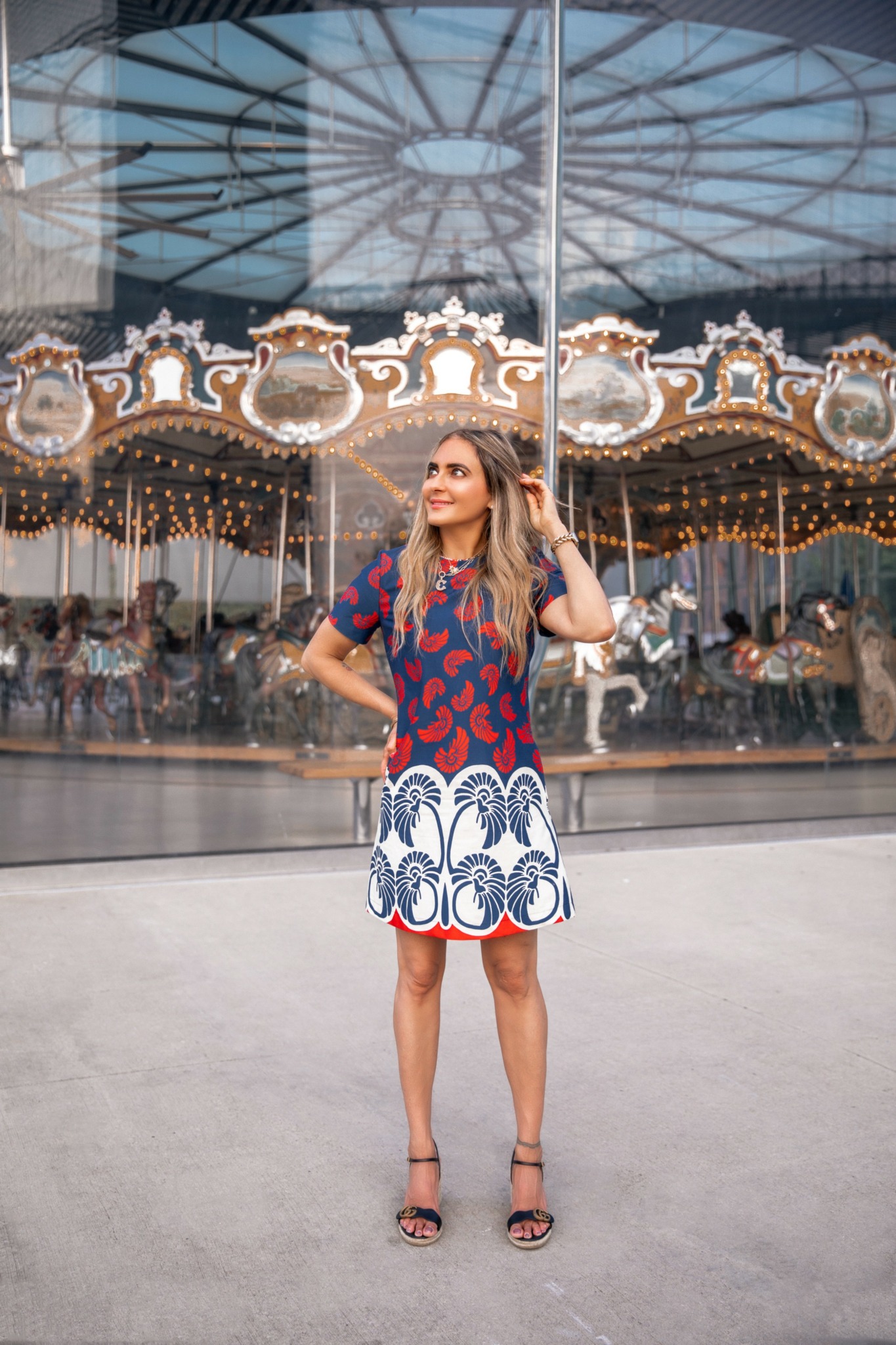
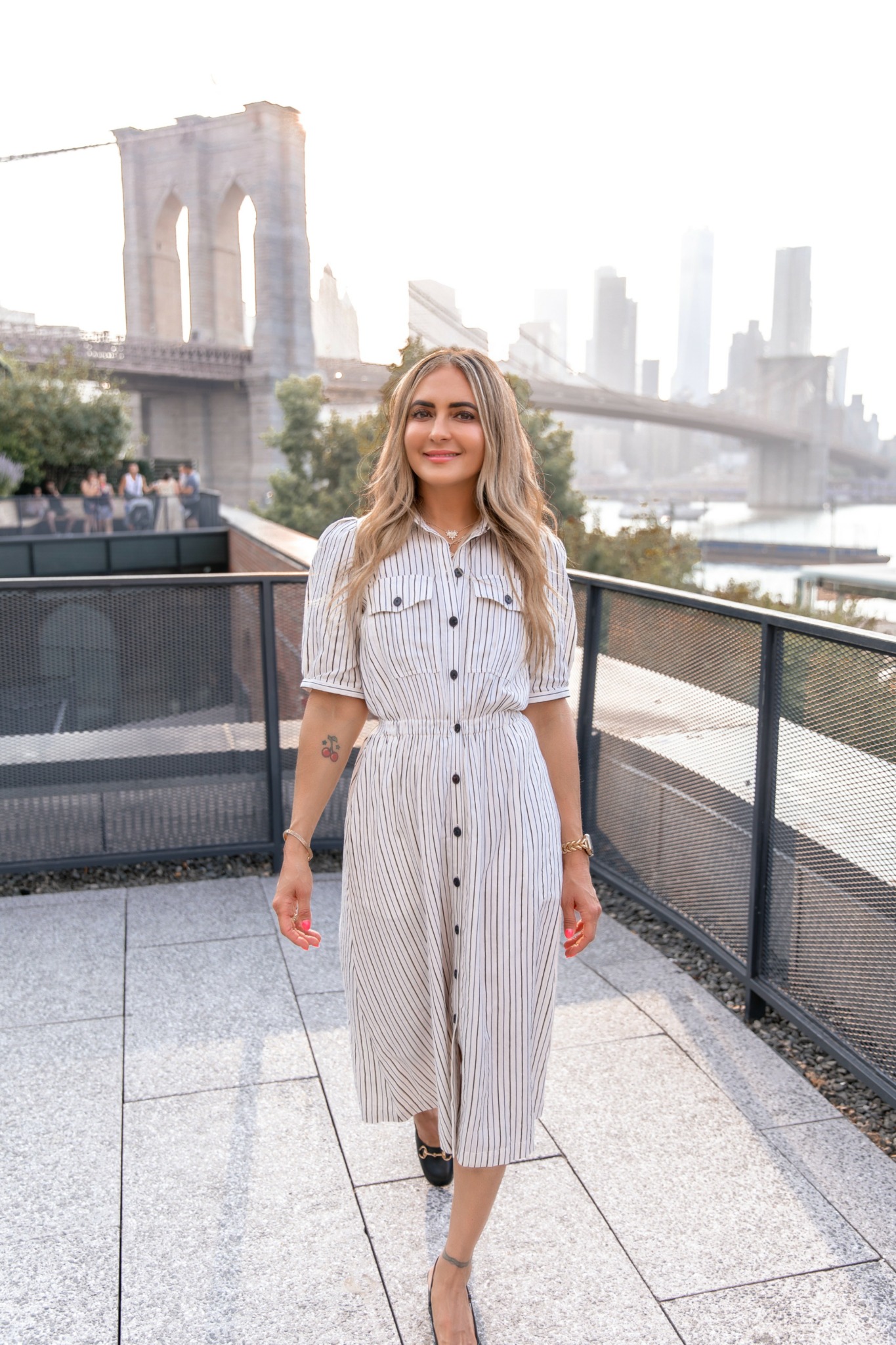
Chealsea, love having you share your insights with us. Before we ask you more questions, maybe you can take a moment to introduce yourself to our readers who might have missed our earlier conversations?
I’m a Keynote Speaker, Writer, and Leadership Coach. I’ve also been a product leader at Google for over 13 years. I started my journey as a woman in tech nearly 30 years ago! Although I may look confident and successful by some standards, I didn’t always feel that way. I’m the daughter of a coal miner and a first generation college student. I grew up in a very small town in West Virginia. As a result of my upbringing, I struggled a lot early on in my career with self-doubt and limiting beliefs.
When I first entered the workforce all of those years ago, I was unaware of the ways in which my working class upbringing was impacting how I related to myself, how I related to my co-workers, and what I thought was possible for me. I felt very alienated from my co-workers and I had very deep rooted impostor syndrome. As I attempted to advance in my career, I experienced a tremendous amount of stress, self-doubt, and anxiety, and was unaware of the source for a long time. Instead of fleeing these situations, however, I chose to embrace the feelings of discomfort to explore and examine myself with the hope of gaining insight and discovering the root cause.
Eventually, I realized that I had deep limiting beliefs and a lot of self doubt that were the result of internalized messages related to my working class upbringing and gender. I began developing a series of strategies and tools that not only helped me to change habits, but also my mindset. I continued refining my process over the next decade into a set of strategies that opened up a positive pathway for me to finally advance my career to leadership.
Because I struggled with these issues for the first 15 years or so in my career, I care very deeply about helping other women who may be struggling in similar ways. I now offer my services to any woman who may face similar challenges through my public speaking, writing, coaching, and online courses. My ultimate mission is to create a more positive and equitable workplace, where leadership by women is the norm and not the exception.
I’m the most proud of my flagship leadership program, which is called Leading With Inner Strength–My 5 Step Framework for Helping Women Thrive in the Workplace. This program is a self-study course with an accompanying group coaching program. This program focuses on helping women to focus on the inner work needed, such as overcoming limiting beliefs and self-doubt, in order to thrive in their careers. Traditional leadership programs don’t work for many women because they focus on outer tactics or skill building, like communication, negotiation, or strategic thinking. But it’s really difficult to put any of these tactical practices into effect if you don’t have the internal foundation of authentic confidence. Leading With Inner Strength helps my clients overcome their self-doubt and limiting beliefs, and develop authentic confidence so that they can thrive in the workplace and work in a way that’s aligned with their values.
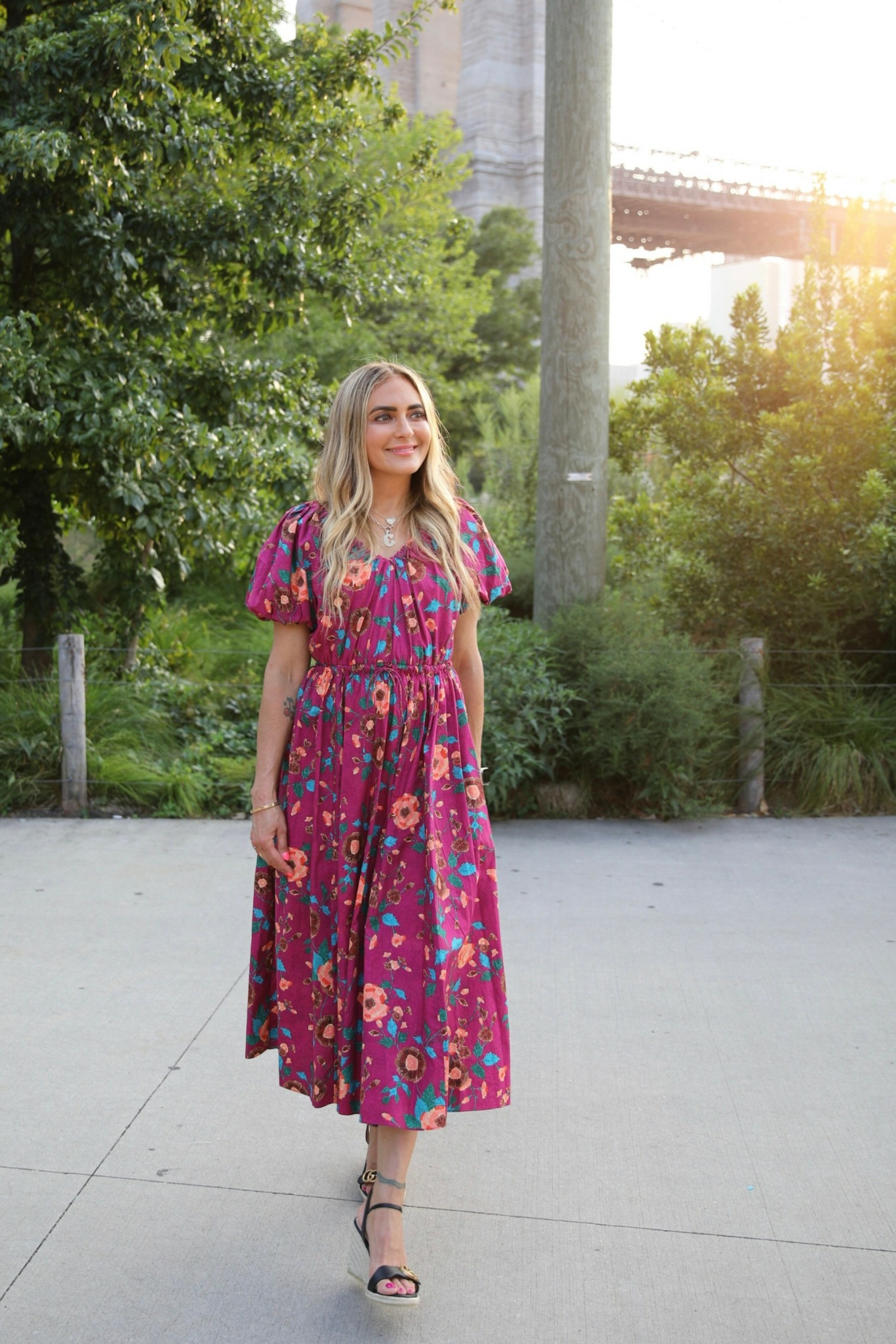

What’s a lesson you had to unlearn and what’s the backstory?
A really important lesson that I had to learn that actually feeds into my entire approach to coaching is that overworking, whether that’s taking on more projects or logging late night hours answering emails, never leads to a high growth career. For years I believed that if I worked harder than everyone around me that I’d get ahead. I was so driven, ambitious, and intent on making something of myself that I literally worked myself to the point of extreme burnout. It took me over a year to recover. The interesting thing is that it seemed like the harder I worked, the less progress I made on career growth.
What I didn’t realize at the time was that because I was burning myself out, the quality of my work was suffering and I also wasn’t presenting myself as a leader. Because I was getting so frustrated in my career, I was getting resentful, which came through when I interacted with people at work. And to make matters worse, because I wasn’t making the kind of progress I wanted, my confidence eroded even further, which then of course made me doubt myself even more. And all of these things sort of fed into each other and essentially moved me further and further away from my goal of landing a leadership position. My mindset around my career and abilities had gotten so negative. This mindset really held me back.
After I got to that burnout point, I decided that I should give up on my ambitions. And I did for about a year. But what happened during that time was that since I had a lighter touch about work, I was able to create some mental space to finally observe how I played a hand in my fate. That’s why I began developing my framework and really started actively changing my mindset. Within a year of doing that, I was managing a team and then shortly after that got promoted to the leadership role I wanted.
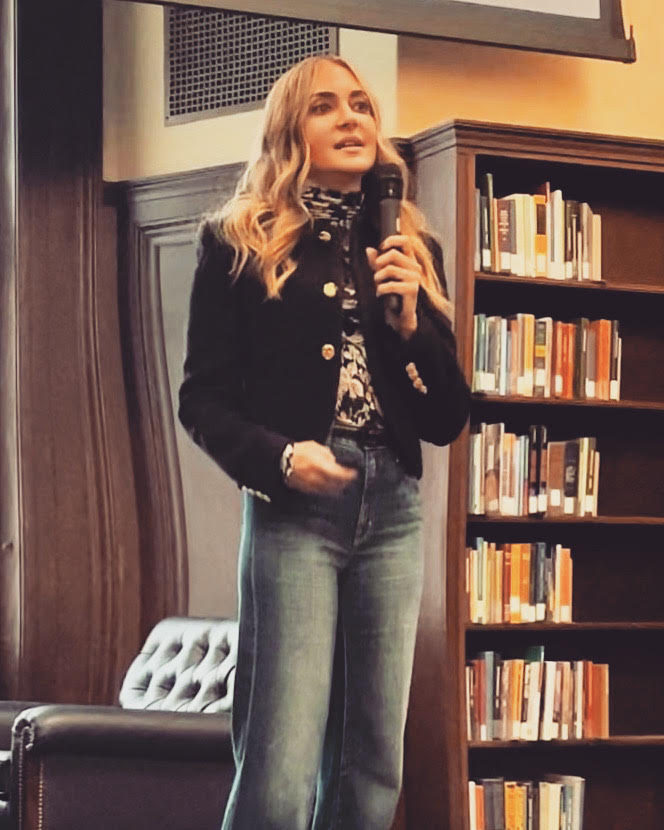
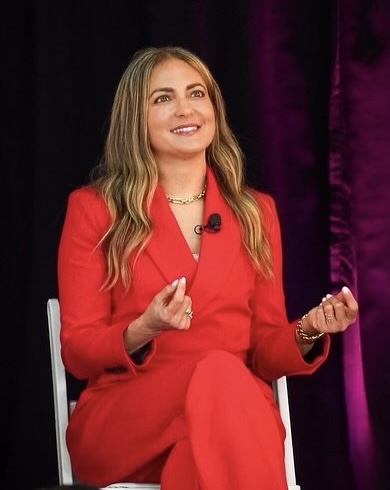
Other than training/knowledge, what do you think is most helpful for succeeding in your field?
I think in any field, not just my own, the most important aspect of success is your mindset. I went into this a bit in the previous question, but mindset is everything. Literally your mindset creates your reality. It’s so incredible to me how much your external world can change with an updated, positive mental reframing. I’ve witnessed this change first hand multiple times in my own life, but I’ve also witnessed it in the lives of the people I coach and mentor.
Contact Info:
- Website: https://www.chealseaw.com
- Instagram: https://instagram.com/chealsea_w_
- Linkedin: https://www.linkedin.com/in/chealsea/
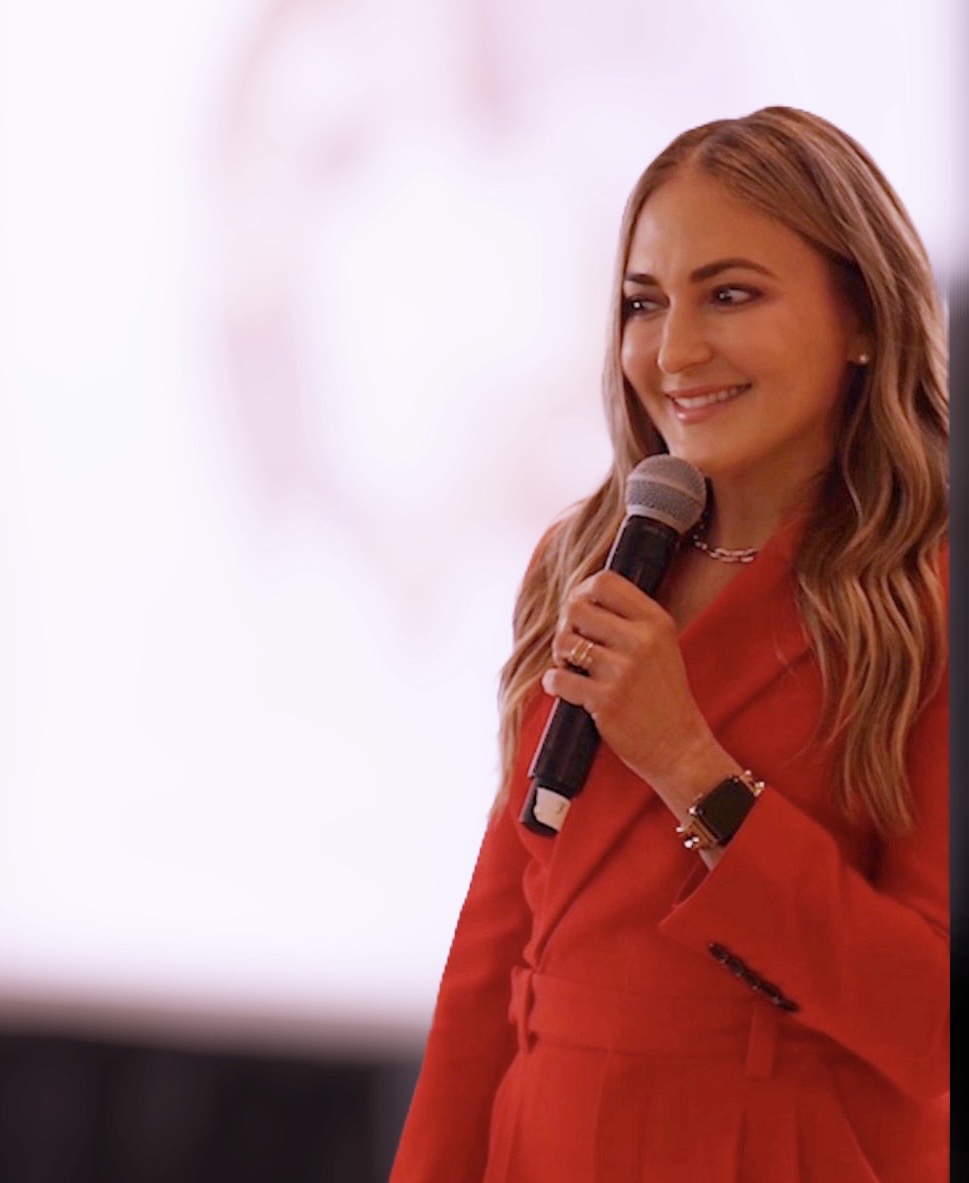

Image Credits
Masha Lou


